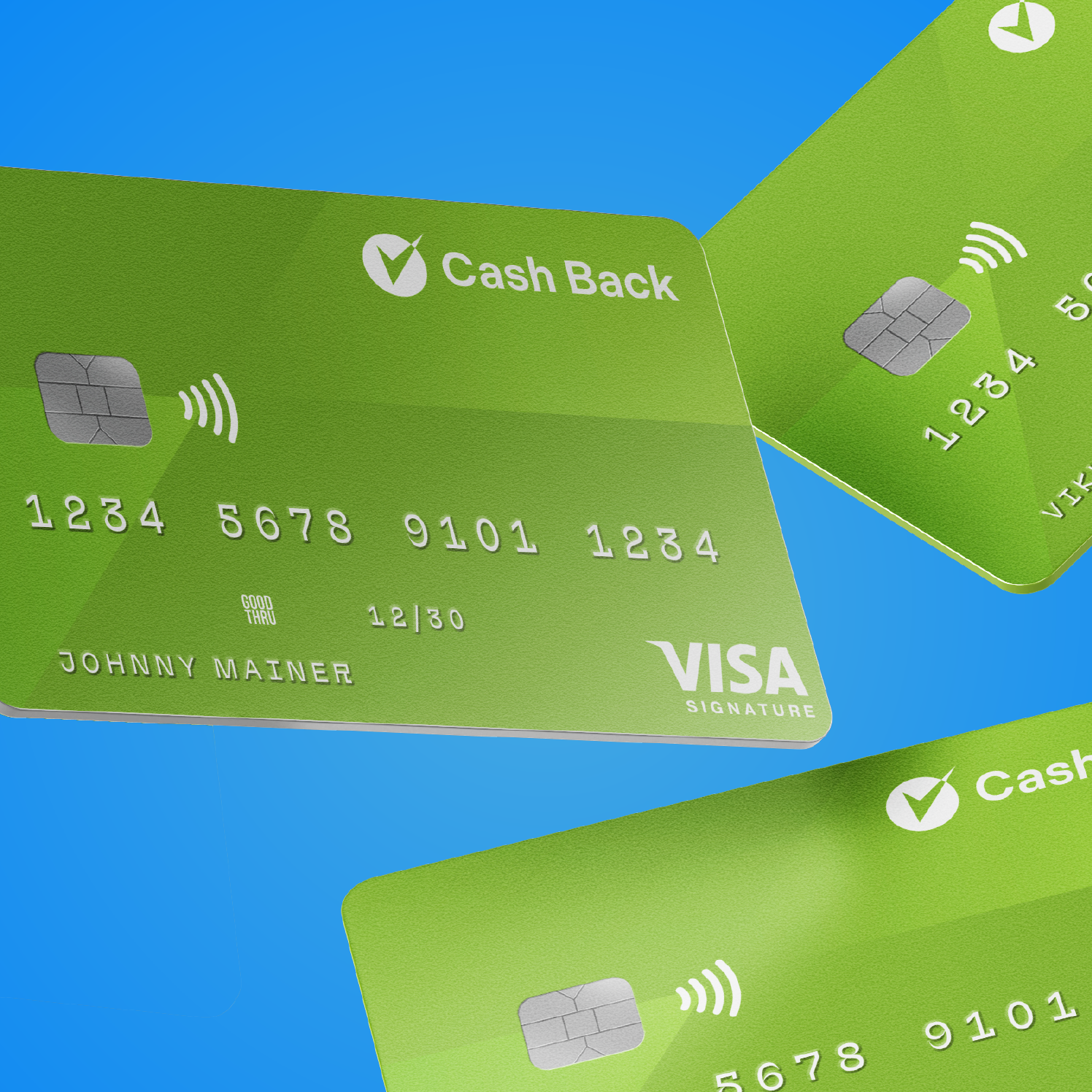Understanding credit scores can be like cracking the code to Houdini or Copperfield’s magic tricks when it comes to your finances. Yet, it comes down to some small, simple steps that TruChoice FCU will reveal! A good credit history can help keep more money in your pocket by qualifying for lower interest rates on loans, better credit card offers, and even better rental and insurance terms. In this blog post, we'll dispel some common credit myths and provide insights to help you grow your score and navigate the world of credit more confidently.
Myth #1: You Have to Pay to Get Your Credit Score
Nope! You can check your credit score and access your credit report for FREE from each major reporting bureau (Equifax, Experian, and TransUnion) once a year. Simply go to annualcreditreport.com to review, identify errors, and address issues that could impact your score negatively. This habit also helps detect any signs of identity theft.
Myth #2: Checking Your Credit Hurts Your Score
Nope! Checking your own credit report, known as a soft inquiry, does not harm your credit score. In addition, if companies pre-screen you for special offers in which you do not apply, these are also soft inquiries and do not affect your score. A hard inquiry can have a minor impact on your score, like when a lender assesses your credit for a loan. However, applying for multiple new credit accounts in a short period can raise concerns about your financial stability and negatively impact your credit score.
Myth #3: Only Debt Owed Contributes to Your Credit Score
Nope! Various factors contribute to your credit health, including on-time payments, credit mix (i.e., credit cards, installment loans, mortgage), and length of credit history. In addition, not all debts are created equal. Mortgage and student loan debts are generally considered more favorable than high-interest credit card debt. Be sure to prioritize paying off high-interest debts first, and don't open credit accounts just for the sake of variety.
Myth #4: Checking Accounts Report to Credit Bureaus
Nope! In fact, many believe that choosing “credit” instead of “debit” while using their debit card will help build their credit score–this could not be more false! Absolutely no transactions from your checking account are reported to the credit bureaus or have an impact on your credit score, including your rent payment. Therefore, building your credit in other ways, such as a secured credit card or a credit-builder loan, is essential, as landlords often pull credit to approve applications.
Myth #5: Having No Credit Cards or Closing Accounts Improves Credit
Nope! It's a common misconception that having no credit cards or closing old credit accounts can improve your credit score. In reality, no credit cards (versus using one responsibly), the length of your credit history, and credit utilization ratio play significant roles in determining your score. When you close a credit card, you may actually reduce your available credit, potentially increasing your credit utilization ratio. Instead of closing an account, consider keeping it open and occasionally using it for small purchases to maintain a positive credit history.
Myth #6: Carrying a Balance Helps Your Credit
Nope! This myth is especially harmful. Carrying a balance on your credit cards doesn't enhance your credit score. In fact, it can lead to unnecessary interest charges and indicate financial strain, which could negatively impact your credit score. It is best to pay your credit card balances in full each month to avoid interest and maintain a healthy credit score. If that is not possible, aim for a utilization rate of 30% or lower.
Myth #7: Paying Off a Negative Item Removes It
Nope! Paying off a negative item, such as a late payment or collection account, doesn't automatically remove it from your credit report. It will be updated to show as "paid," but the item's impact may still be felt for a certain period. Be proactive in your communication with creditors to negotiate removals or updates after resolving negative items.
Myth #8: You Can't Improve Bad Credit
Yes, you can! Whether your credit is tarnished due to missed payments, divorce, or bankruptcy, it's not irreversible. While these actions may have a significant impact on your credit, with time and responsible financial habits, anyone can improve their credit score. Begin by paying bills on time, reducing debt, and disputing any errors on credit reports.
Breaking these credit myths is a pivotal step toward healthy credit, which is built by maintaining good financial habits over time. And while credit scores are important, they are just one piece of the puzzle. Be sure to focus on your overall financial well-being through saving, investing, and budgeting for a secure financial future. If you have any questions about improving your credit, please contact our helpful staff at TruChoice FCU.






